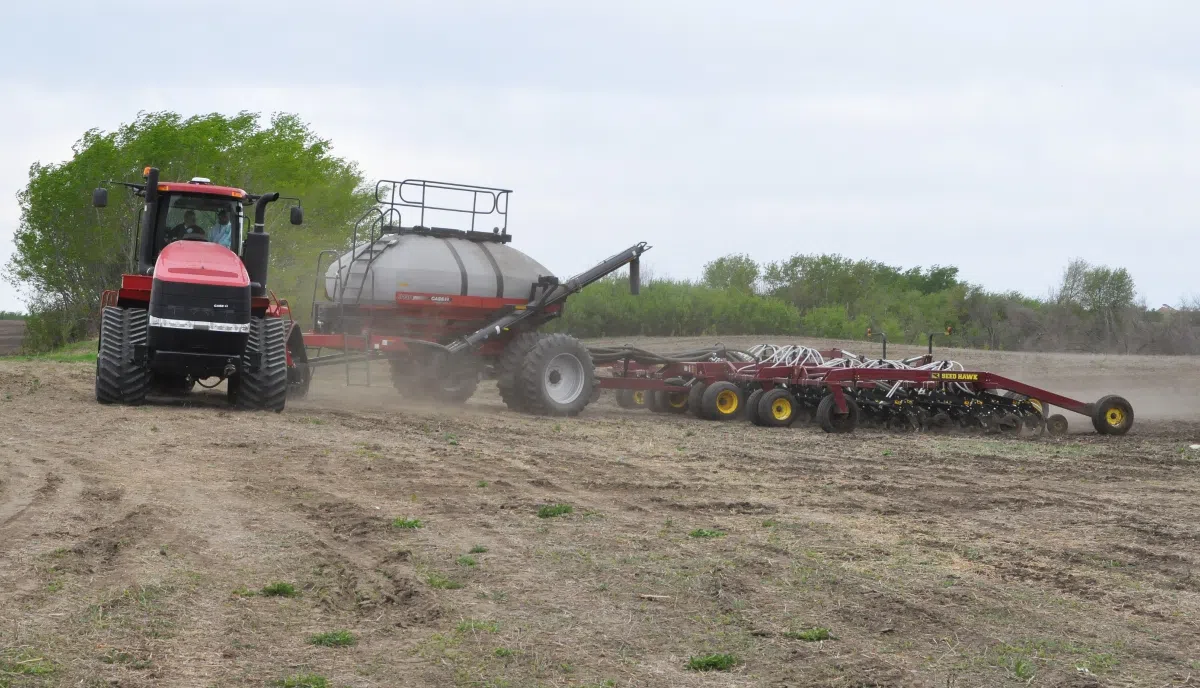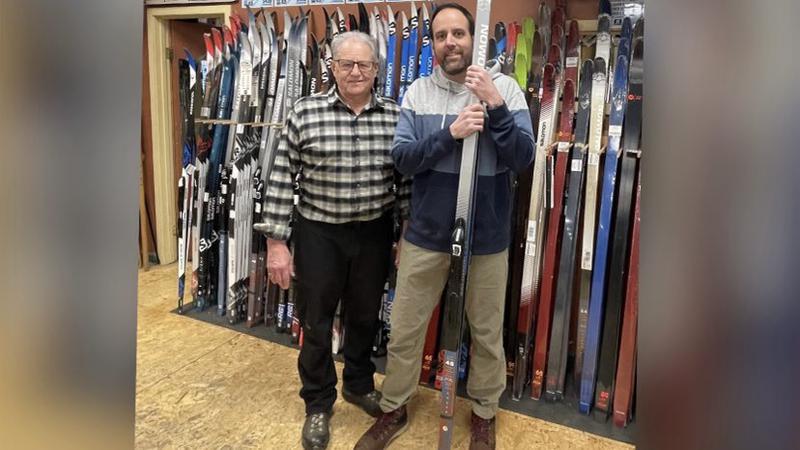
Latin America interested in Sask. ag, mining expertise
It was a busy few days last week for Prince Albert MP Randy Hoback as he travelled with Prime Minister Stephen Harper.
From May 22-24 Hoback accompanied the prime minister on a trip to Peru and Colombia to boost trade initiatives and build business opportunities between Canada and Latin American countries.
While in Peru the president Ollanta Humala Tasso and his members of cabinet met with the Harper and Hoback to discuss removing hurdles to help trade and business flow.
Trade talks continued when they travelled to Cali, Columbia for a multi-lateral event, Pacific Alliance Leaders’ Summit involving Mexico, Chile, Peru and Columbia.


